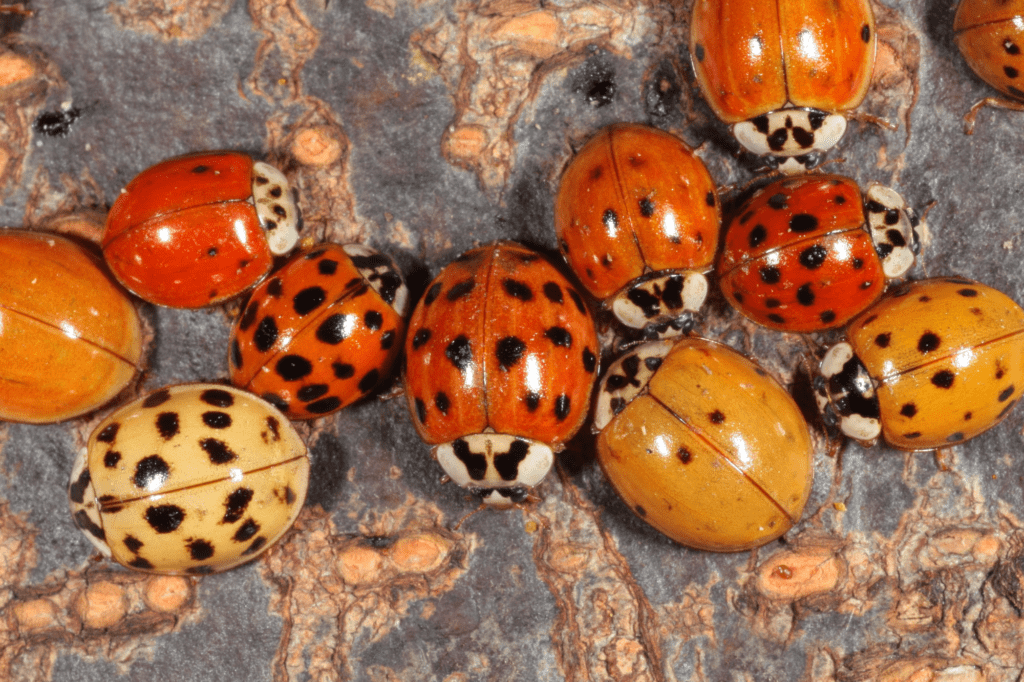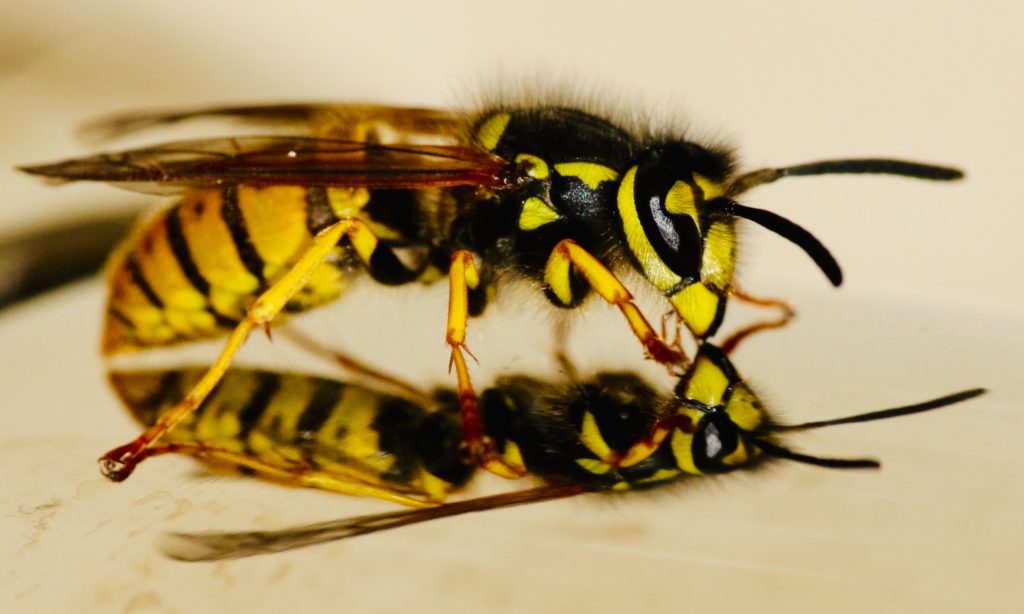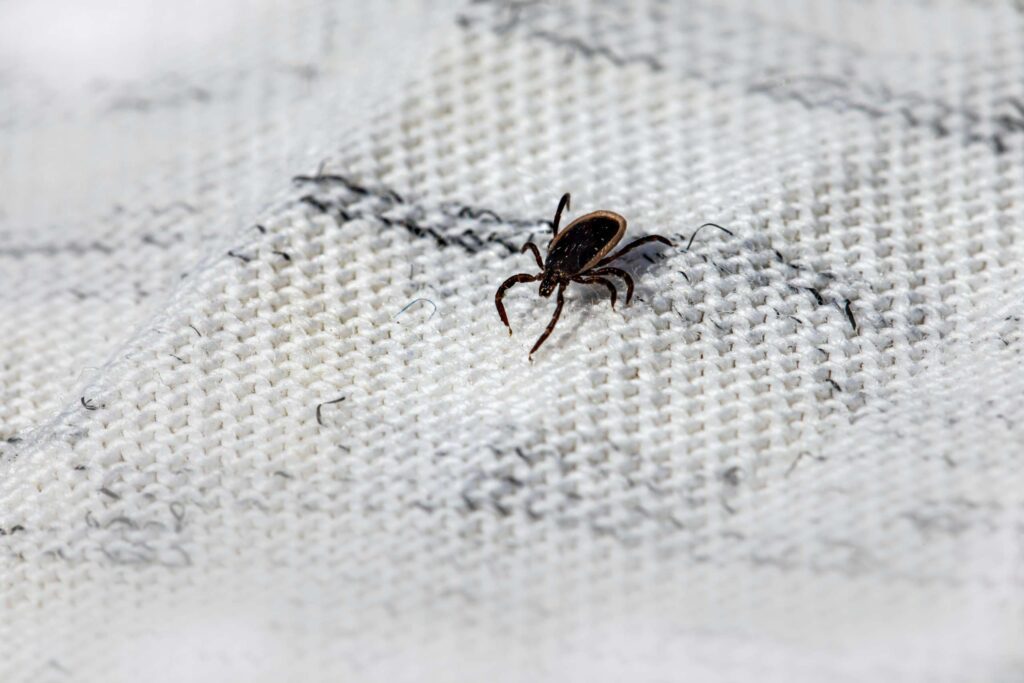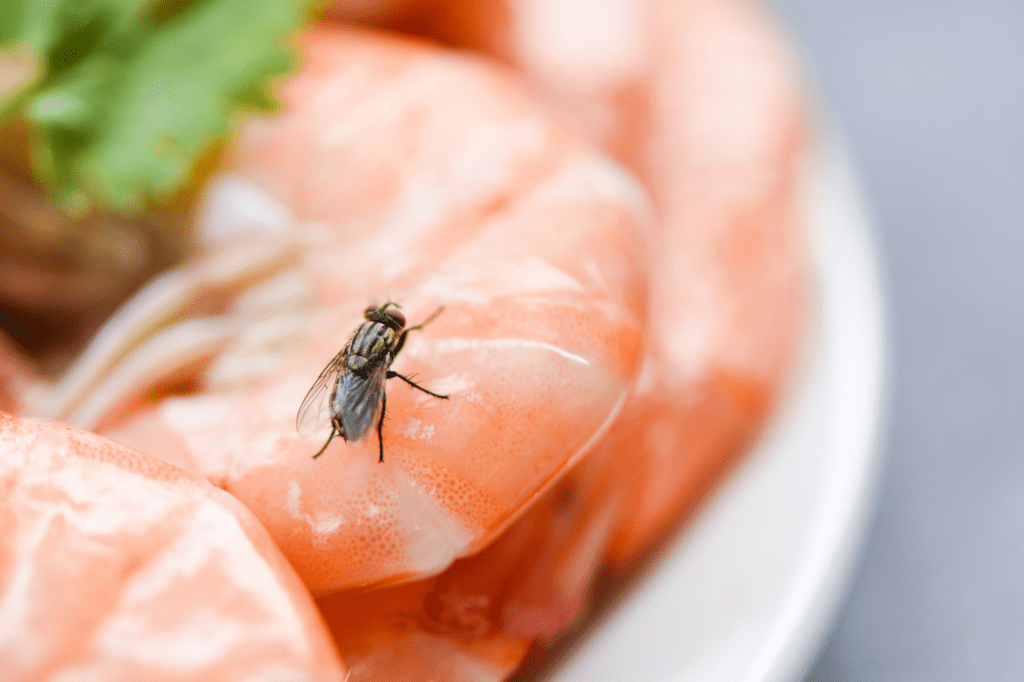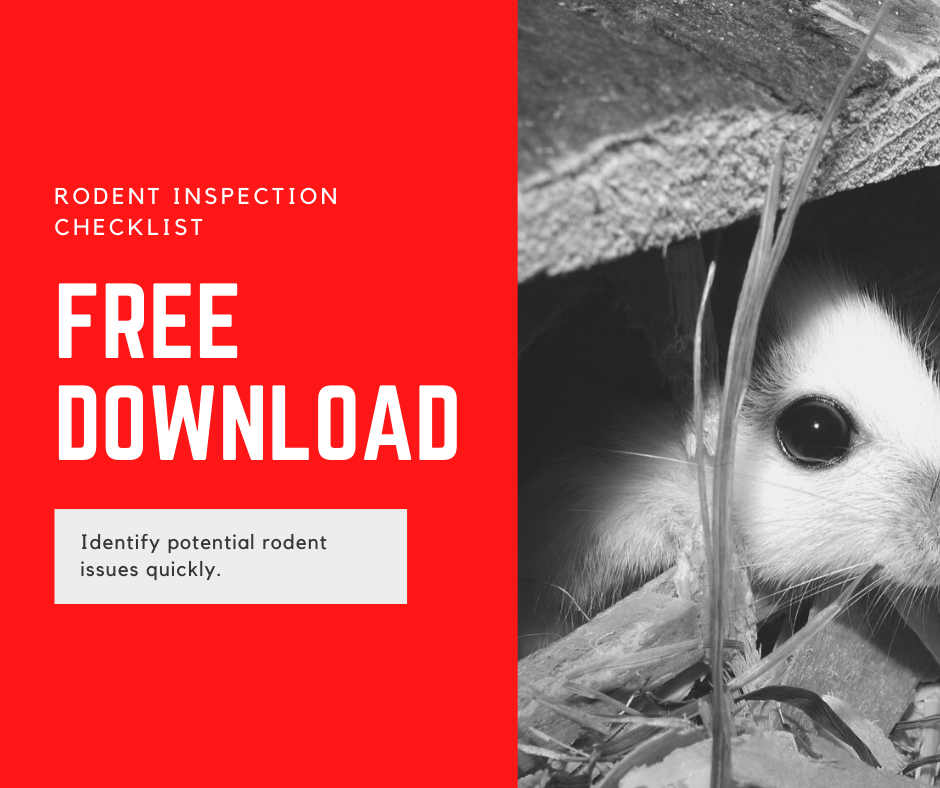Home Pest Management Tips
BE BUG-FREE THIS FALL
Fall is a time for apple orchards, wearing plaid, carving pumpkins and watching the leaves change. It is definitely not a time for bugs. So why are these irritating insects sticking around? Boxelder bugs, wasps, hornets and Asian beetles hit their stride in the cooler months of fall. Luckily we have some tips and tricks…
Read MoreSAY FAREWELL TO YOUR FLEAS!
They’re small. They’re hard to exterminate. They’re a menace to your home, pets and people. What are they? Fleas. Fleas are no joke. These minute insects are one of the hardest pests to get rid of. Fleas are small parasites that feed on animal or human blood. Flea bites are irritating and itchy to both…
Read MoreBEES, WASPS AND HORNETS: THE STINGING INSECTS OF SUMMER
Summer months in the Midwest are picturesque. The weather’s hot, the sun is shining, the plants are lush, the flowers are blooming; everything is bright and green again. No longer do we dream of the sun and heat, it’s here! Just picture all of your favorite summertime activities, like relaxing outside on the patio sipping…
Read MoreMOSQUITOS, SPIDERS & TICKS… OH MY!: THE PESTS OF SPRING
The sun is shining, the trees are budding, the temperature’s rising; everything is coming back to life after that long and seemingly endless winter. Along with the arrival of spring comes the reemergence of springtime pests. YUCK! Every year we look forward to the melting snow and springtime growth, but frequently forgotten, along with those…
Read MoreDrain Cleaning to Avoid Unwanted Pests
Did you know Madsen Pest Management offers drain cleaning services for both commercial and residential customers? Drain cleaning is often thought of when you notice your shower or sink draining a bit slower than it used to, but by then, you could already have a pest problem. There are many types of unwanted pests that…
Read MorePest Infestations During Mild or Late Cold Weather Seasons
Late starts to Fall and Winter with increasingly moderate temperatures are now common in Wisconsin and Minnesota. Due to this reality, prolonged pest activity may occur in and around your property.
Read MoreFlies and Food Contamination
Flies carry some dangerous diseases and parasites including gangrene, dysentery, tuberculosis, anthrax, and even the plague!
Read MoreRodents in My House? How To Perform Your Own Inspection
This blog will teach you how to inspect your home for rodent activity.
Read MoreAnts: 3 Ways To Get Them Out of Your Kitchen
To get rid of an ant infestation in your kitchen, identify and seal-off entry points, destroy the nests, and set traps.
Read More3 Ways to Have an Insect-Free Backyard Party
Make sure your backyard party is bug free by eliminating standing water and keeping your lawn tidy and clean.
Read More
